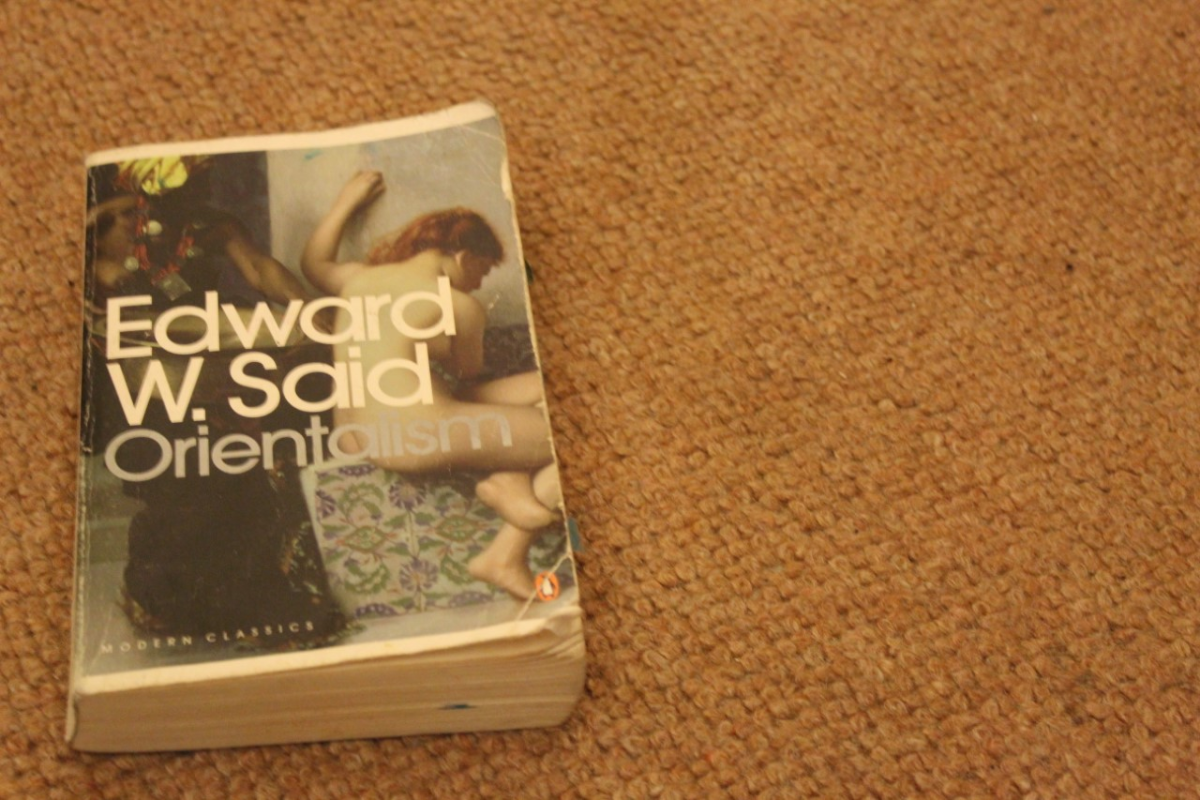
This week I continue looking towards the ever-present orientalism in our midst and how we should broach the topic.
Carrying on from last issue’s topic of literary depictions of Cleopatra, our focus this week is Karl Marx, and Edward Said’s critique of him in particular.
We know Marx was a journalist who travelled from place to place, and had a wider interest in the world at large, and its functions. We also know Marx, with Friedrich Engels, wrote the Communist Manifesto, a text which has done much to shape our history in the last century.
His essays on colonialism in India, however, contain elements of orientalist ways of thinking.
It is true that his argument isn’t overtly celebratory of Empire; he condemns oppressive means of rule, as would be expected of a man who had a hand in some of the most impactful socially and politically progressive movements over the last century.
However, he also uses charged language to imply a positive movement away from ‘despotic’ and, yes, he explicitly uses the term, ‘oriental’ social organisations that existed prior to colonialism. He frames colonialism as a step to revolution, one which was explicitly caused by England, whose actors ruled more ‘stupidly’ than unjustly, he argues.
By crediting England with a progression towards revolution in these essays, Marx gives positive value to the effects of colonialism.
You’ve probably rolled your eyes a couple of times at arguments like this, those comments that have an apologist twang to them. I know I did during my A-level history course on colonialism, and continue to do when reading assigned texts today. For me, the idea of Britain bestowing gifts on colonised subjects is an attempt to keep alive the idea of a benevolent Empire, that, maybe, wasn’t so bad after all.
Point being, there doesn’t have to be a counterpoint to balance out the human costs of colonialism. Aside from an imagined favouring of the Indian railways, which were built to make it easier to take resources to and from India for the purposes of Empire; aspects such as the unification and division of states, the way our world looks today, and other real consequences have affected the structure of modern geopolitics. The effects of Empire are ongoing.
Though the revolutions that flourished during the mid-twentieth century were in opposition to colonialism, this does not make colonialism a necessary step. Britain is not a force that brought about utopia for these countries with colonial rule. This is also a point Said picks up on throughout Orientalism. Said doesn’t condemn the man, he gives us food for thought when approaching ideas rooted in Orientalism, no matter how progressive the figures we may celebrate are.
Said makes the point that Marx was working from a pre-existing understanding of the ‘orient’. So, rather than this article be a condemnation of Marx, I make an appeal to read with caution, engage actively and be free to critique what you read. Don’t feel as if any political figure or writer remains infallible. Peel away at any dogmatic elements of Marx or Marxist readings that you come across, every writer is fallible and susceptible to the prejudices and modes of thought of their contemporary era.







